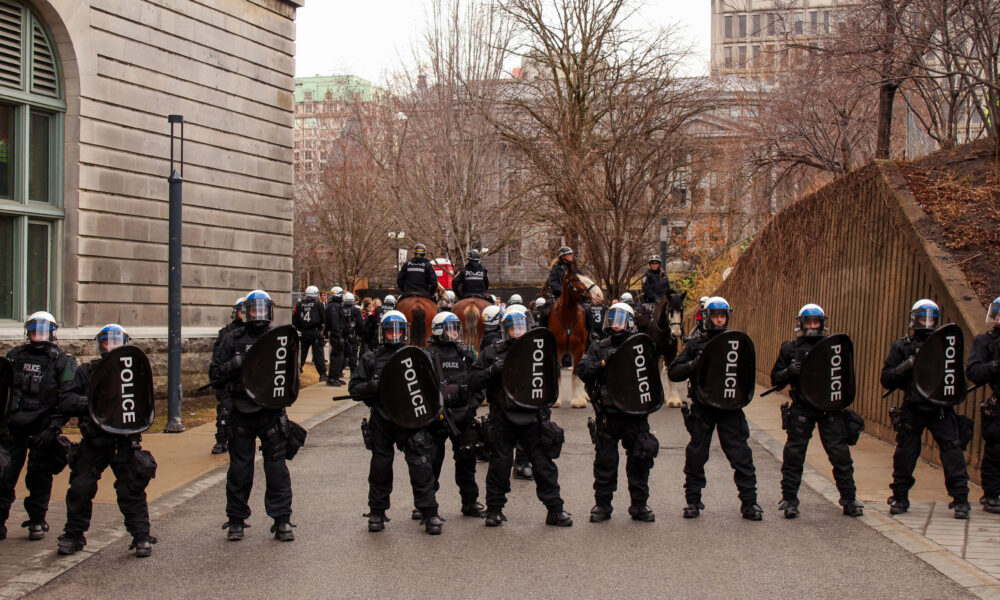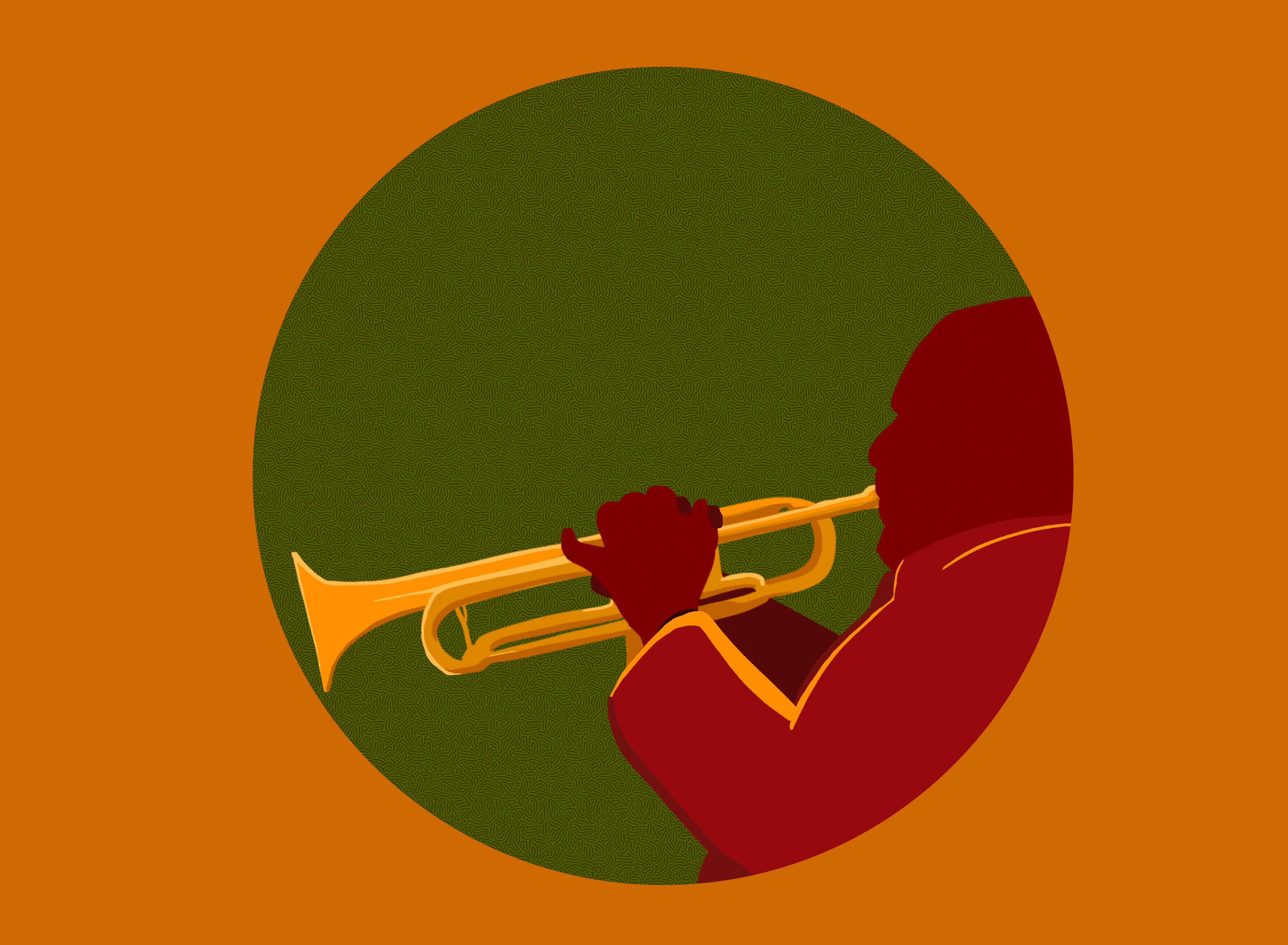Hate-fuelled harassment deserves a firm legal answer. But Canada’s Bill C-9—also known as the Combating Hate Act—risks the criminalization of non-obstructive protests near community institutions, serving more as a tool to stifle political protest than to combat hate.
As currently drafted, Bill C-9 would establish new intimidation and obstruction offences to apply in the vicinity of houses of worship and buildings primarily used by an “identifiable group” for community and education purposes. It would also ban public display of certain terrorist or Nazi symbols when intended to promote hatred. The bill defines ‘hatred’ as detestation or vilification, but creates allowances for the symbols to be displayed for legitimate purposes, including journalism, religion, education, or art, and a narrow good-faith removal—a temporary and necessary display solely to identify and remove hateful material. Bill C-9’s stated intention—to keep people safe—is admirable. However, the line between respectful political dissent and actions fueled by hatred is dangerously blurred throughout the bill.
On multicultural campuses like McGill, a blurry legal line like that in Bill C-9 can give undue power to administrations at the expense of students’ freedoms of speech and assembly. Protests are designed to be disruptive: They interrupt routines, access, and comfort, even when peaceful. They are supposed to be //felt//. The bill’s intimidation offence condemns any conduct with the intent to provoke a state of fear in order to impede access to community buildings. Through the incorporation of conceptions of ‘intent’ into the bill, police officers will be given the jurisdiction to assess the intentions and goals of protestors, meaning that they can charge protesters with hate-based acts without proof of threats or physical obstruction. Though the bill permits protestors to be “at or near” a site to communicate information regarding their demonstration, this right only applies in the event of obstruction, not intimidation. Threatened with a potential penalty of 10 years of imprisonment, protests will be likely to self-censor.
On paper, Bill C-9 is content-neutral, and its access rules hinge on where conduct occurs, not on viewpoint. However, the political geography of recent protests means enforcement will inevitably fall unevenly. Because Bill C-9 is applicable when conduct occurs at or near protected sites, pro-Palestine demonstrations near Jewish institutions and counter-protests near mosques are the most likely to be policed. If protest behaviour is perceived as intimidation or impedes access—even without a hard blockade—police will be empowered to make arrests on the basis of hateful action. In other words, the text targets conduct, but the political geography of recent protests shapes who is most vulnerable to enforcement.
Bill C-9 also removes Attorney General consent for hate-propaganda charges, which heightens the risk of charge-first, acquit-later outcomes. Its clause banning the use of symbols during demonstrations creates even more space for the criminalization of protest. Currently, the bill denounces any imagery that resembles banned symbols closely enough to the extent that it could be confused as such. This definitional elasticity invites law enforcement to act on visual uncertainty in fast-moving demonstrations.
If Bill C-9 is enacted, students’ ability and right to protest on campus will be severely suppressed. Under this legislation, tactics that simply look like impeding entry—or are read by on-site law enforcement as intimidation intended to impede access—will carry high legal risk for protesters. This subjectivity in assessing criminality is damaging and unconstitutional; drawing clear, well-defined lines around police officers’ legal authority matters as much as the bill’s stated intent. Otherwise, the bill will not serve anyone; not minority student groups, not faculty members, not protestors, not even police who are asked to adjudicate in fast-paced moments.
Canada needs a firm answer to hate-fueled harassment, but Bill C-9 is not it. The Combating Hate Act should be amended to protect access without criminalizing political voices: That’s how we keep our doors open, our arguments loud, and our rights intact.









